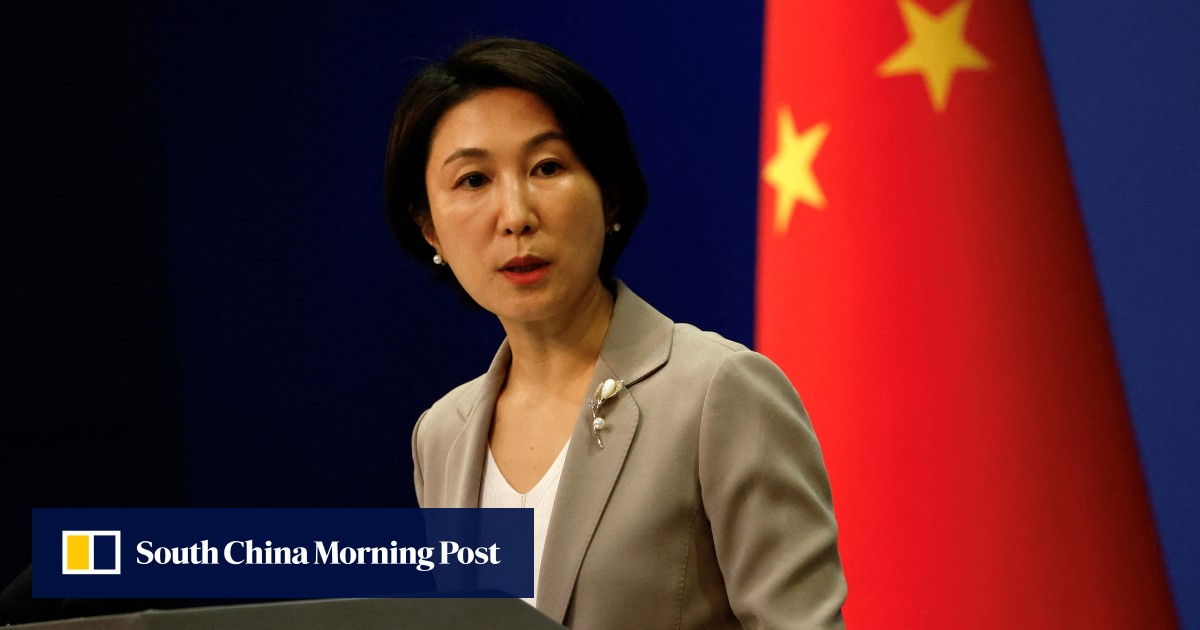Foreign ministry spokeswoman Mao Ning told reporters on Thursday that Beijing had expressed “strong dissatisfaction and resolute opposition” to what she called “irresponsible remarks” made by US officials.
“China urged the US to … honour in practical terms the commitment made by the US leaders, and stop interfering in the local elections in Taiwan in whatever way, and stop sending wrong signals to Taiwan independence separatist forces,” Mao said.
“China will take resolute and vigorous measures to safeguard its national sovereignty, security and territorial integrity.”
“Beijing will be the provocateur should it choose to respond with additional military pressure or coercion,” the official told reporters in Washington. “It is no secret, I think, that Beijing has views on the outcome of the elections and is trying to shape and coerce in various different ways.”
Beijing sees Taiwan as part of China, to be reunited by force if necessary. Most countries, including the US, do not recognise Taiwan as an independent state, but Washington is opposed to any attempt to take the self-governed island by force and is committed to supplying it with weapons.
Taiwan’s presidential election is being closely watched as the island has become a flashpoint between the US and China.
It is a three-way race between William Lai Ching-te, the ruling Democratic Progressive Party candidate, Hou Yu-ih from the main opposition Kuomintang, and Ko Wen-je from the Taiwan People’s Party.
Beijing has labelled Lai a “Taiwan independence worker”, and on Wednesday a Taiwan Affairs Office spokesman said a Lai victory would create “a dangerous situation with high winds and high waves” across the Taiwan Strait.
Why does Taiwan matter so much to both mainland China and the US?
Why does Taiwan matter so much to both mainland China and the US?
Lu Xiang, a US-China relations expert at the Chinese Academy of Social Sciences, said if Washington went ahead with the delegation plan after the election, it could be seen as “destructive behaviour” for its relationship with Beijing.
“This would come very close to [Beijing’s] red line of supporting Taiwan independence,” Lu said. “It is definitely an unfriendly signal and I think China will be watching this closely.”







